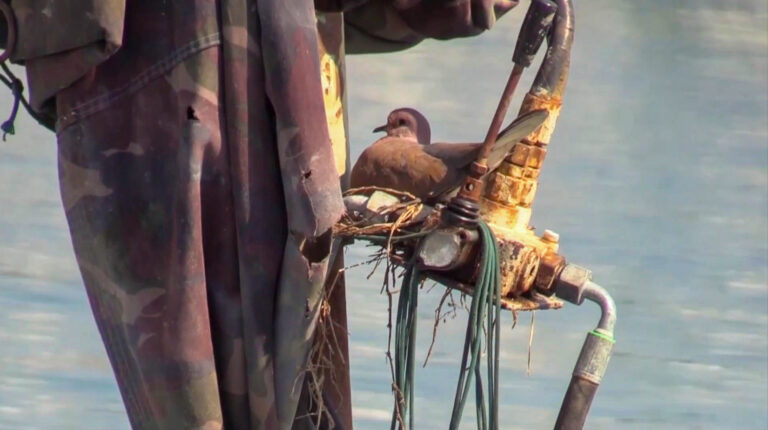The French National Assembly has approved plans to set up a joint parliament with Germany that will start four days before the United Kingdom is scheduled to leave the European union on 29th March.
The National Assembly ratified the proposal yesterday (Monday 11th March) and the first parliamentary session is scheduled to take place on 25th March.
The idea is to have a joint parliament to further cooperation between the two EU leaders, with the Germans and the French set to have 50 Members of Parliament each representing their respective countries.

Richard Ferrand, the President of the French National Assembly, has indicated that now that the proposal discussed in Aachen in January as been approved, their first meeting will take place on 25th March and he tweeted: “With the adoption of the Franco-German Parliamentary Assembly, FRDE (sic) cooperation is strengthening and entering the 21st century. This means working together more, more facilities for cross-border workers, a stronger position in the EU, NATO, the UN… Long may it live!”
The new Franco-German parliament is designed to have two sessions a year, alternating between one in France and one in Germany. It is to be presided over by the Presidents of both countries’ National Assemblies.
In front of the French parliamentarians, as well as a delegation from the German Bundestag, Ferrand applauded the “unique initiative” and said that it would “deepen our cooperation regarding working towards the harmonisation of our rights.”
One of the goals of the new body will be to oversee and facilitate trans-border cooperation, to make it easier for people living on one side of the Franco-German border to go to work on the other side of it.
According to the President of the Bundestag Wolfgang Schauble, the new parliament will tackle such controversial subjects as the founding of a common European army, and on the German side they also plan to raise the subject of problem-prone French nuclear power plants.
Ferrand was also keen to point out that the body did not want to restrict itself to being focused solely on France and Germany and that it was open to additional members. He said it was not “exclusive to the Franco-German couple or engine ” and that it “aims to open up as widely as possible.”
Nathalie Loiseau, the French European Affairs Minister, lauded what she termed a “bold and courageous choice.”
However, the far left and the far right were opposed to the decision, with Jean-Luc Melenchon, head of ‘La France Insoumise’ (‘Unbowed France’), saying: “The idea of the Franco-German condominium angers us. In Europe, things must not be decided between just two players.”
And Gilbert Collard from the far-right Rassemblement National, the ‘new’ Front National currently led by Marine Le Pen, also voiced his opposition to the agreement.
The January meeting in Aachen saw Paris and Berlin renew the 1963 Elysee Treaty, the post-war reconciliation pact between the two countries, and the conception of this joint parliament.
To find out more about the author, editor or agency that supplied this story – please click below.
Story By: Joseph Golder, Sub-Editor: Joseph Golder, Agency: Central European News




